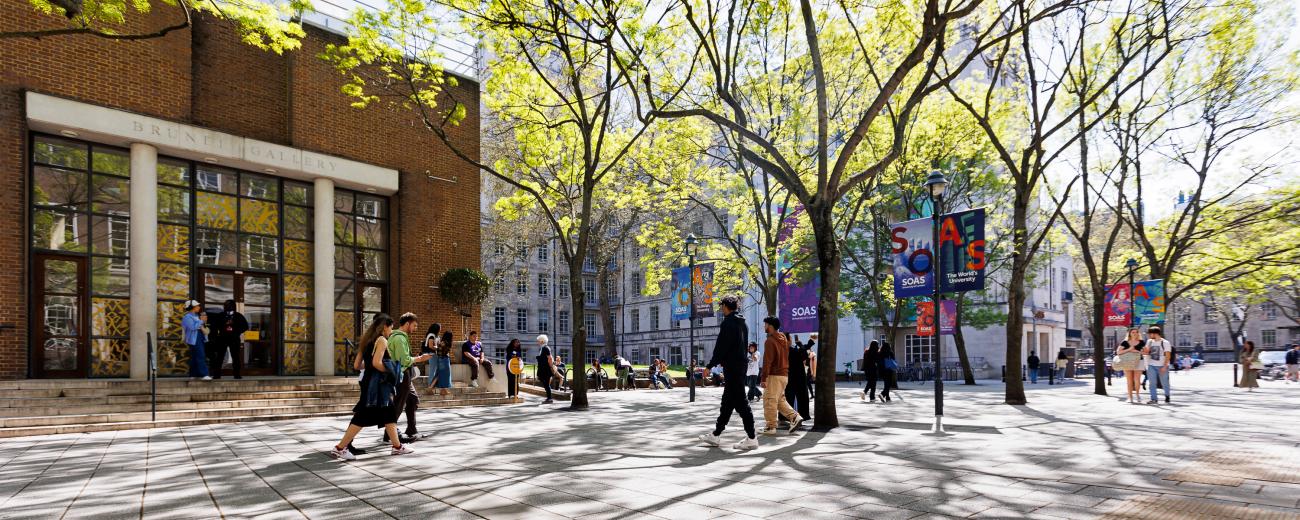
Reclaiming the Financial Commons: Can the ESG and sustainable finance movements seriously make a difference towards a more inclusive and sustainable world?

Key information
- Date
- Time
-
4:30 pm to 6:00 pm
- Venue
- SOAS University of London
- Room
- B104
About this event
Finance is supposed to serve the real economy which then, in turn, is supposed to serve a more just and sustainable society.
This fundamental axiom in finance and development is clearly broken, or at the very least severely fractured. Sharply rising inequality between and within countries, overconsumption resulting in a much warmer planet, rising sea levels and the destruction of the natural environment, an unprecedented migration and refugee crisis fleeing conflict and economic deprivations against a backdrop of a greater amplitude and frequency of financial and economic crises are just some of these alarming symptoms. As for the root causes, fingers can be pointed in many directions, but given the unprecedented rise in finance and financialization over the last four decades, for many in both academic and popular circles, it is Finance, and its close relation, Big Business, that carries the sorry title of the most potent change agent.
In the wake of the Global Financial Crisis of 2008, for a relatively short period in the decade or so after, the pendelum did reverse somewhat. Along with some focus of finance and business on the UN Sustainable Development Goals (SDG), the ESG (Environmental, Social, and Governance) and Sustainable Finance movement did take root and for a while gathered some momentum. But the early promise has met with much headwinds of late: the Covid-19 years, war in Europe, more intense politicisation in the US of ESG and quite prevalent practice of greenwashing in the industry itself has seen to that. A case of SDG and ESG mixing with too much MSG it seems.
Nonetheless, the reality is a more mixed and nuanced picture. There have indeed been an increase in some areas; in sustainable finance, impact investing and ethical and faith based finance. As governments become ever more fiscally constrained, as sclerosis grips politics and bureaucracies, and as multilateralism retreats further amidst the return of great power rivalries, the role of the ever more powerful finance and business sector in doing more for society and the planet becomes that much more pertinent. Can the financial commons therefore be reclaimed?
About the speaker
Azman Mokhtar, Development Leadership Dialogue Fellow at SOAS will present the thought starters in this Conversation. Over a 40-year career in finance and development, Azman worked in major investment banks, was for 14 years, the CEO of Khazanah Nasional Berhad, Malaysia’s USD 40bn Sovereign Wealth Fund, was the Chairman of the USD20bn Hajj Pilgrim Fund and from 2019 to 2021, was a Distinguished Visiting Fellow at the Centre of Development Studies at the University of Cambridge.
Discussants:
Razia Khan, Standard Chartered Bank.
Professor Victor Murinde, School of Finance & Management, SOAS University of London

